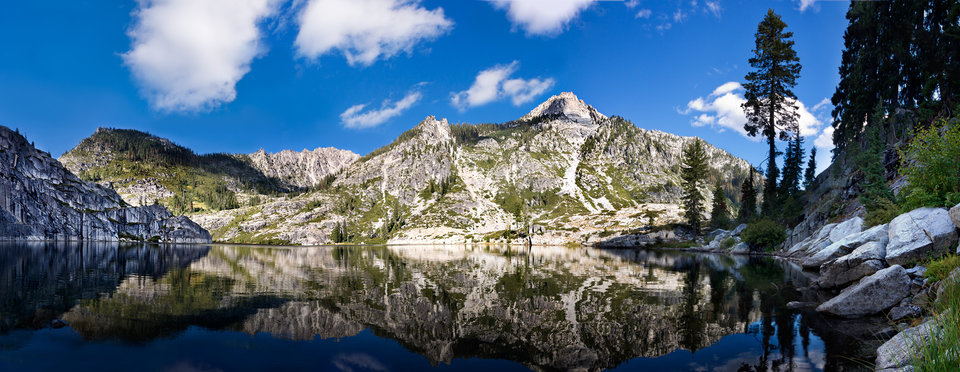
Before you do anything else, open up a new window or tab on your web browser and go do a Google search for the following: “How can I be happy?”
When I did it, I got about 615 million results. I know how Google searches work, and not all 615 million hits will be entirely relevant, but it’s pretty clear looking at the first few results that there are a lot of people who have advice on how to be happy. There are a lot of people who are looking to be happy too!
So I am openly wondering: If there are so many people seeking happiness, are those resources and references really helping? Or, are people trying some of these, discovering that some work or don’t work, and then slipping back into “unhappiness” once again? I mean, if there was a way to find happiness, wouldn’t we have figured it out by now, and wouldn’t we have shared it many times over and passed this from generation to generation so that we can all find happiness and keep the happiness going?
Or is it possible that happiness is not the tippy top? Is it possible that there is yet a higher “thing” we need to pursue? Is it possible that we may find happiness, but is it not also possible that happiness only gets us to the middle point of the mountain?
As I’ve been reflecting and meditating on this idea, I’ve come to the conclusion that there just has to be more. There has to be a higher level of experience that we can all experience than happiness. And, if we can work to pursue and eventually arrive at that higher level we may find what it is that we’re really looking for that we’ve thought was happiness all this time.
Is it through pursuit of something larger than one’s self? Is it passion? Is it developing a life full of meaning? All are suggested avenues of achieving greater ideals than happiness itself if you take a gander out there and search for something “better” than pursuing happiness.
Maybe happiness is a form of “avoidism.” Perhaps the pursuit of happiness and pleasure an indication of one’s attachment to them. Is pursuing “non-attachment” to pleasure what it takes? The Buddhist tradition suggests that suffering results from “attachments.” I’ve been actively integrating these principles into my daily living. I know that I feel better about life in general, but is that the “tippy top?”
I guess all I can say is that I’ve come to the conclusion that whatever the mountain is that we are all trying to reach the top of is an enormous mountain. It’s huge. There are a bunch of people struggling to just started on it, and there are people who are climbing higher, but the higher one climbs the fewer the other people at that elevation. I’ve also come to the conclusion that while one like myself may have a lot of ideas and answers, it’s not about giving others the ideas and answers that I’ve found for myself. It’s more about helping other people learn how to ask themselves their own questions to prompt their own personal discovery that lies within them.
Is happiness all there is? I don’t think so. And, I don’t think that we are wise to live a life in the pursuit of happiness, assuming that it’s the tippy top of the mountain, and that once we get there everything will be better.
I hope you didn’t come to this article, hoping that I would provide you with what it is that is “better” or “higher” than happiness, because I don’t have that for you today. I don’t have a list of things that you can do or try to find more happiness or fulfillment. If you’re looking for that, pick one of the 315 million hits that I helped you find earlier.
I wrote this with the hope that my questions will prompt your own inner questioning and discovery about yourself and what is important to you. Is happiness where you wish to stop on the mountain, or do you believe that there is “more” to life than the pursuit of happiness?
I’d love to read what you’re thinking or what you’re reflecting upon as a result of reading this. Please share in the comments below, and I promise to respond.
Photo copyright Steven Bratman. Images shared via creative commons license. Click here for link to image.
Session expired
Please log in again. The login page will open in a new tab. After logging in you can close it and return to this page.